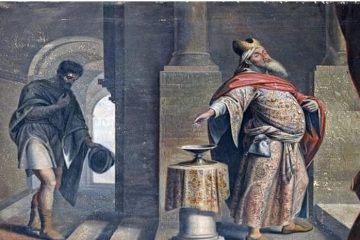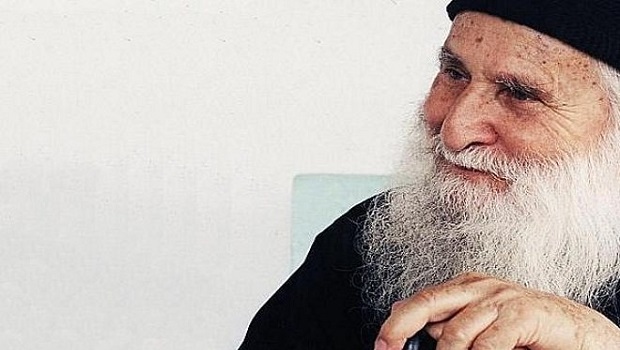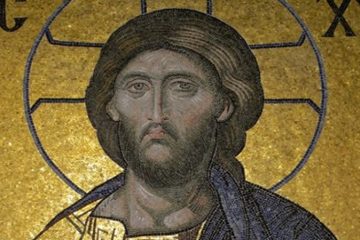Petros Panayiotopoulos, Assistant Professor, Faculty of Theology, Aristotle University of Thessaloniki
Our holy Church offers us another opportunity to remember and honor our dead people, our beloved persons who passed away, and all her members by whom we are in communion through God’ s love and the grace from the sacraments, beyond this sense of time. To say it in other words, by this care we confirm the unity of triumphant and militant Church, at our common path to the Kingdom of God, as well as the solidarity of the Body of Christ beyond places, times, and even biological aspects of human existence.
It is certainly true that in the life of the Church we can honor our deceased brothers and fathers through many opportunities. From the daily prayer, our specific sequences (thrice Holy, memorial services, etc.), and also every Saturday is a day dedicated to their memory. More than this, however, two Saturdays of the year, that of Carnival and today are devoted specifically to blissfully rest of our gone brothers.
Especially in these latter cases “we do Mention” the brothers who left this life in hard conditions, so there were the usual religious ceremonies defined: those that lost their lives during wars, journeys, in distant and secluded places, in infancy, in accidents or even those due to poverty who hadn’t the prayers of the Church.
On eve, then, of the great feast of the manifestation of the Church in the world, i.e. Pentecost, we do not forget our dead brothers and so we dclare its Universality of the One and Indivisible the ecclesiastical body. In the eucharistic communion, the prayers of the living unite in Christ with those who have fallen asleep and give an opportunity to the merciful Father to offer forgiveness, as is taught in our ecclesiastical tradition.
Praying for our brothers who are no longer living with us, we express our love for them and so we can lessen our grief and to come into communion with them sustained in the eternal memory and love of God. At the same time, we get encouraged to engage in acts of charity and love, for the benefit of those who passed away but also of ourselves.
Source: pemptousia.com




0 Comments